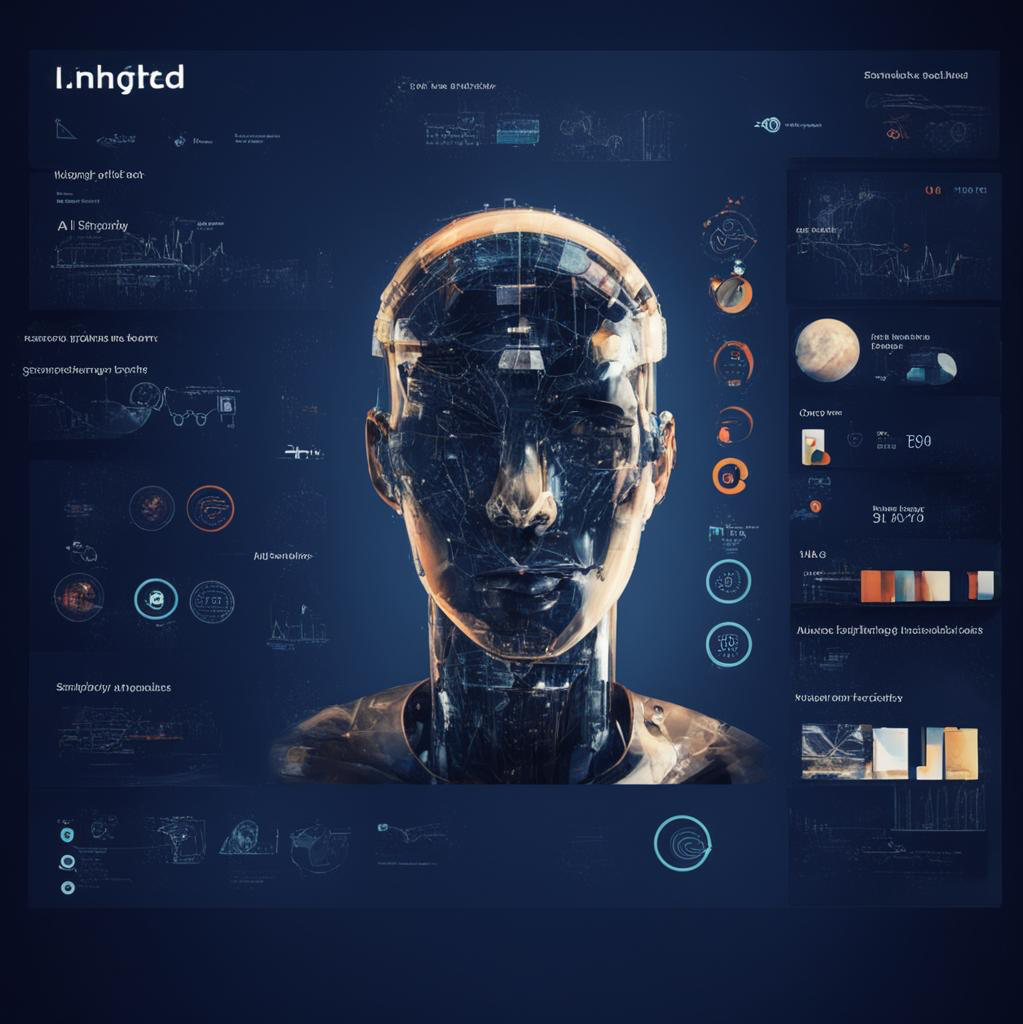
Welcome to the world of personalized e-commerce! Gone are the days of generic shopping experiences where one size fits all. With advancements in artificial intelligence (AI), online retailers now have the power to create truly tailored and engaging experiences for their customers. From product recommendations to customized promotions, AI is revolutionizing the way we shop online.
In this blog post, we will delve into how AI is transforming e-commerce by enabling businesses to provide personalized experiences like never before. We’ll explore the benefits of personalized e-commerce, common types of personalization techniques used, and even highlight some brands that are leading the way in leveraging AI for enhanced customer engagement.
So buckle up and get ready to discover how you can take your online shopping game to a whole new level with personalized e-commerce powered by AI! Let’s dive in!
Benefits of Personalized E-commerce
When it comes to e-commerce, personalization is the name of the game. By leveraging AI technology, businesses can create tailored experiences for their customers that go beyond just showing them relevant products. The benefits of personalized e-commerce are far-reaching and can have a significant impact on customer satisfaction and business growth.
One major benefit of personalized e-commerce is increased customer engagement. When customers feel like they are being understood and catered to, they are more likely to spend time browsing through your website and exploring different product offerings. This not only boosts their overall experience but also increases the chances of making a purchase.
Another advantage of personalized e-commerce is improved conversion rates. By presenting customers with recommendations based on their preferences, past purchases, and browsing behavior, you increase the likelihood that they will find something they love and make a purchase. This targeted approach eliminates unnecessary clutter in the shopping journey and makes it easier for customers to find what they’re looking for.
Personalized e-commerce also has an impact on customer loyalty. By continuously providing relevant recommendations and offers based on individual preferences or previous interactions, you build trust with your customers. They feel valued as individuals rather than just another faceless consumer in a sea of options.
Personalization allows businesses to gather valuable data about their customers’ behaviors and preferences. This data can be used to further refine marketing strategies, improve inventory management decisions, and develop new product offerings that resonate with specific customer segments.

Common Types of Personalization in E-commerce
When it comes to personalizing the e-commerce experience, there are several strategies that businesses can implement. One common type of personalization is product recommendations based on a customer’s browsing and purchase history. By analyzing past behavior, AI algorithms can suggest items that align with the customer’s preferences and increase the likelihood of a purchase.
Another effective form of personalization is personalized emails. Instead of sending generic marketing messages to all customers, businesses can leverage AI to send targeted emails tailored to each individual’s interests and previous interactions with the brand. This not only enhances engagement but also improves conversion rates.
Dynamic pricing is another way AI-powered personalization can benefit e-commerce businesses. By using machine learning algorithms, retailers can adjust prices based on factors such as demand, competition, and customer segmentation. This allows for personalized pricing strategies that maximize revenue while still remaining competitive in the market.
Website customization plays a crucial role in creating personalized experiences for online shoppers. Businesses can use AI technology to personalize website layouts and content based on user preferences or demographic information. This ensures that visitors see relevant products or promotions immediately upon entering a site.
Chatbots are becoming increasingly popular in providing personalized customer support in real-time. With natural language processing capabilities powered by AI, chatbots can understand customer queries and provide relevant assistance quickly and efficiently.
Personalized experiences have become an essential aspect of successful e-commerce operations today. Through advanced technologies like artificial intelligence (AI), businesses have been able to tailor their offerings specifically to individual customers’ needs and preferences.
Examples of Brands Using AI for Personalization
1. Amazon: As one of the largest e-commerce platforms in the world, Amazon utilizes AI to create personalized shopping experiences for its customers. With features like “Recommended for You” and customized product suggestions based on browsing history and purchase behavior, Amazon ensures that every user gets a tailored experience.
2. Netflix: The popular streaming platform leverages AI algorithms to provide personalized recommendations to its users. By analyzing viewing habits, preferences, and ratings, Netflix suggests movies and TV shows that are likely to match individual tastes. This level of personalization has significantly enhanced user engagement and retention.
3. Spotify: Through its sophisticated recommendation engine powered by AI technology, Spotify offers personalized music recommendations based on listening habits and preferences. By considering factors such as genre preference, mood, location, time of day, and even weather conditions at a particular location – music lovers can discover new songs or playlists perfectly suited to their taste.
4. Sephora: The beauty retailer uses an AI-powered beauty assistant called “Sephora Virtual Artist.” It allows customers to virtually try on makeup products using their phone’s camera or uploaded photos. This personalized experience helps users visualize how different products would look on them before making a purchase decision.
5. Stitch Fix: An online personal styling service that combines human expertise with machine learning algorithms to curate clothing items specifically tailored to each customer’s style preferences and body measurements. Through feedback provided by users after receiving their shipments, the algorithm continuously improves its ability to deliver more accurate personalized recommendations over time.
These brands have successfully integrated AI into their e-commerce strategies in order to enhance customer experiences through personalization techniques unique to each industry.
Conclusion
In today’s fast-paced and competitive e-commerce landscape, personalization has become a crucial aspect of any successful online business. With the help of AI technology, brands can now create personalized experiences for their customers like never before.
AI enables businesses to analyze vast amounts of customer data and gain insights into their preferences, behaviors, and purchasing patterns. By leveraging this knowledge, companies can tailor their offerings to meet individual needs effectively. The result? A more engaging and satisfying shopping experience that keeps customers coming back for more.
The benefits of personalized e-commerce are numerous. From increased customer loyalty and higher conversion rates to improved customer satisfaction and reduced bounce rates, personalization is proven to drive tangible results in terms of revenue growth.
There are various ways in which AI-powered personalization can be implemented in an e-commerce setting. From recommending products based on browsing history or past purchases to offering customized promotions or discounts, the possibilities are endless. Brands can also personalize website content based on user preferences or behavior, ensuring that each visitor sees relevant information tailored specifically to them.
Many leading brands have already embraced AI-powered personalization with great success. Amazon uses its recommendation engine extensively to provide users with product suggestions based on their browsing history and purchase habits. Spotify curates playlists tailored to individual music tastes using machine learning algorithms. And Netflix recommends movies and shows based on viewing history and ratings given by similar users.
Personalized e-commerce powered by AI holds immense potential for businesses looking to stay ahead in the digital age. By harnessing the power of artificial intelligence, brands can deliver highly targeted experiences that resonate with consumers on a deeper level than ever before possible.

